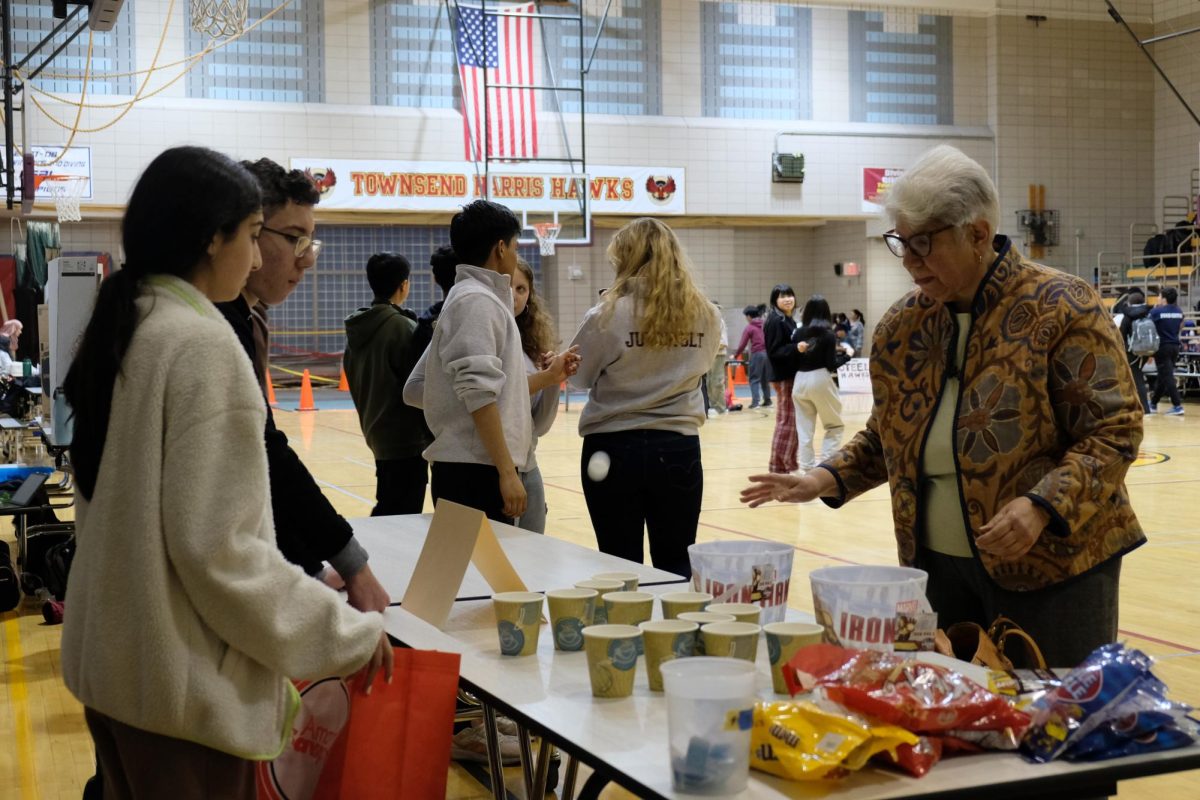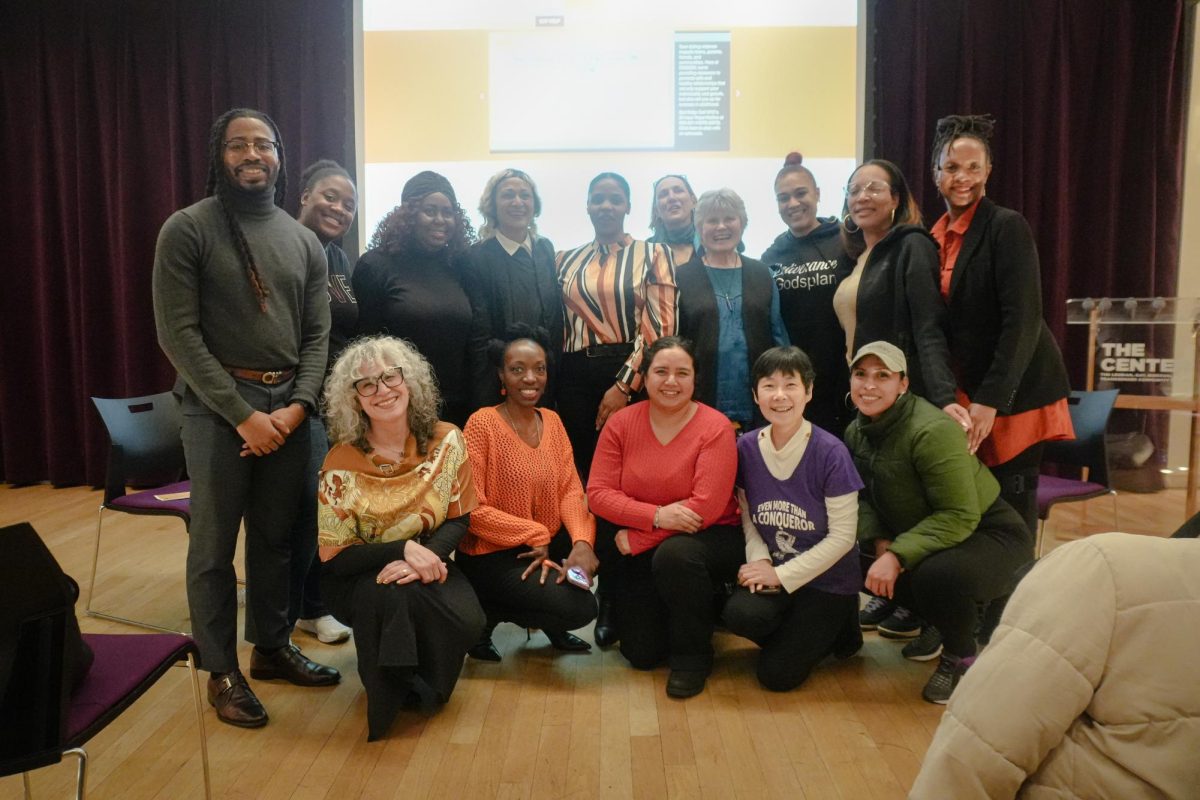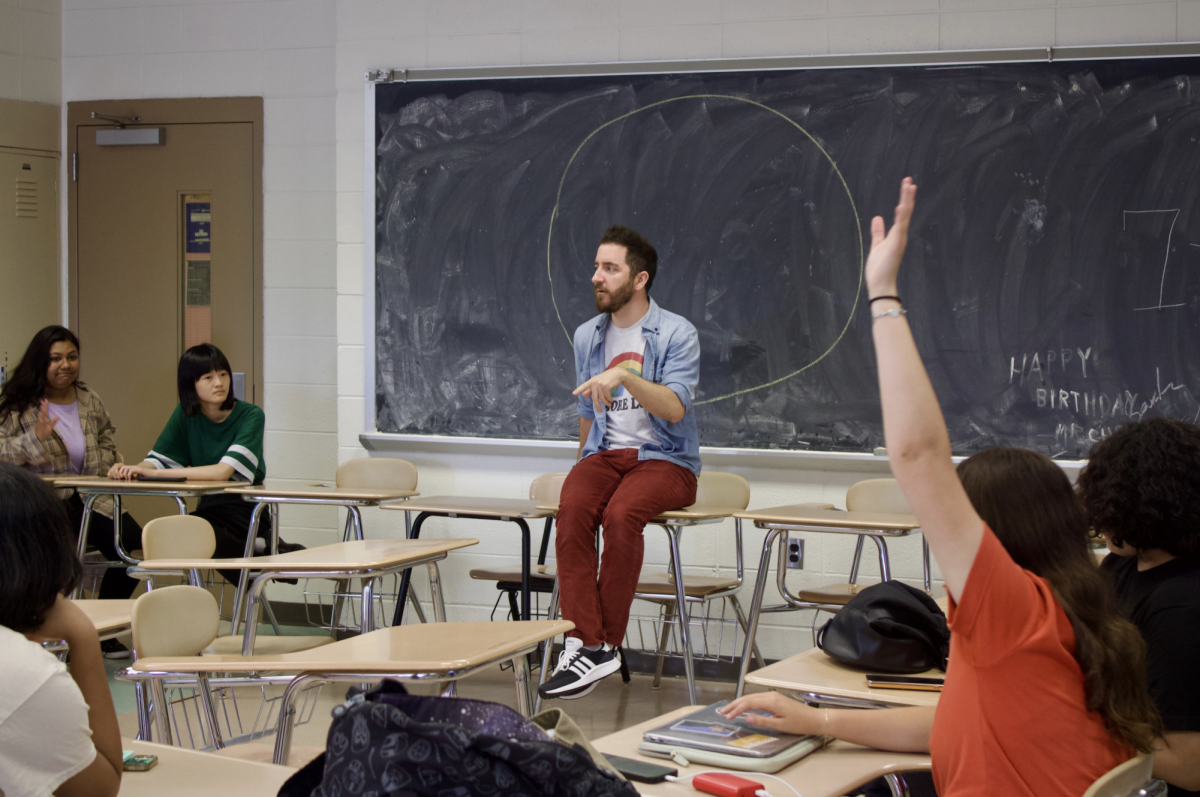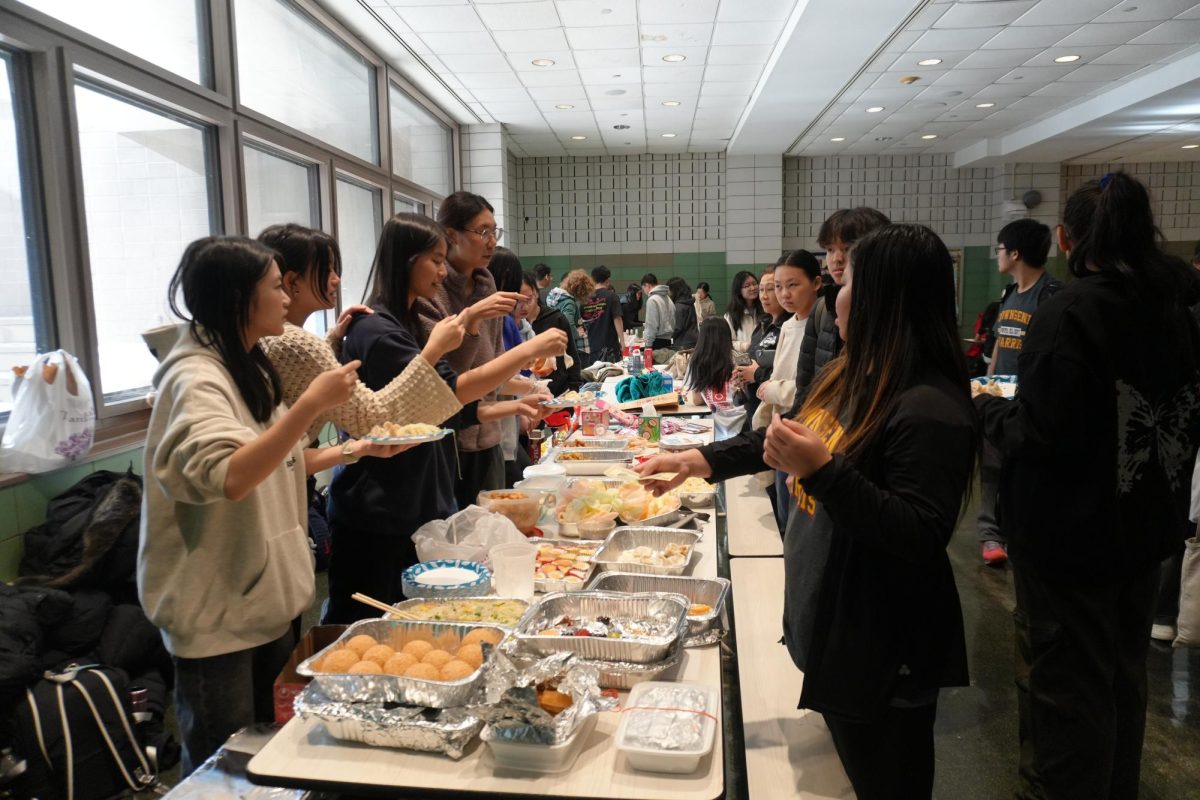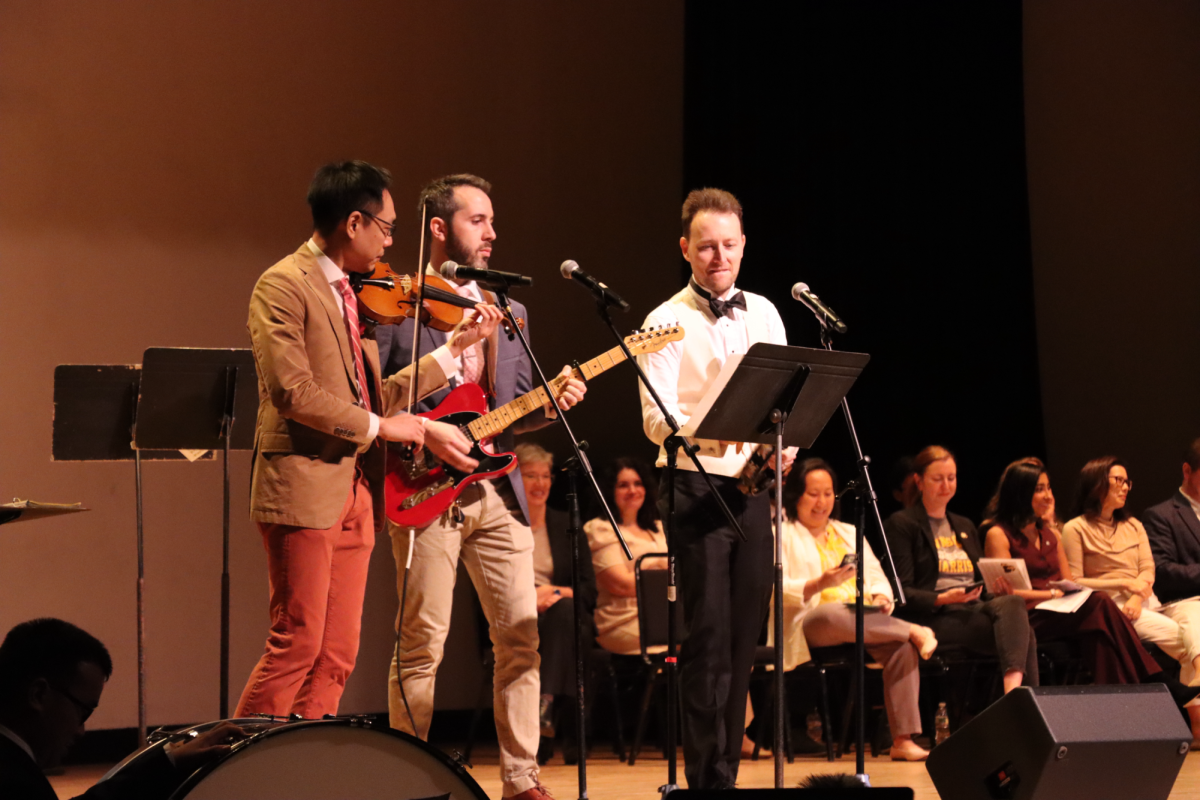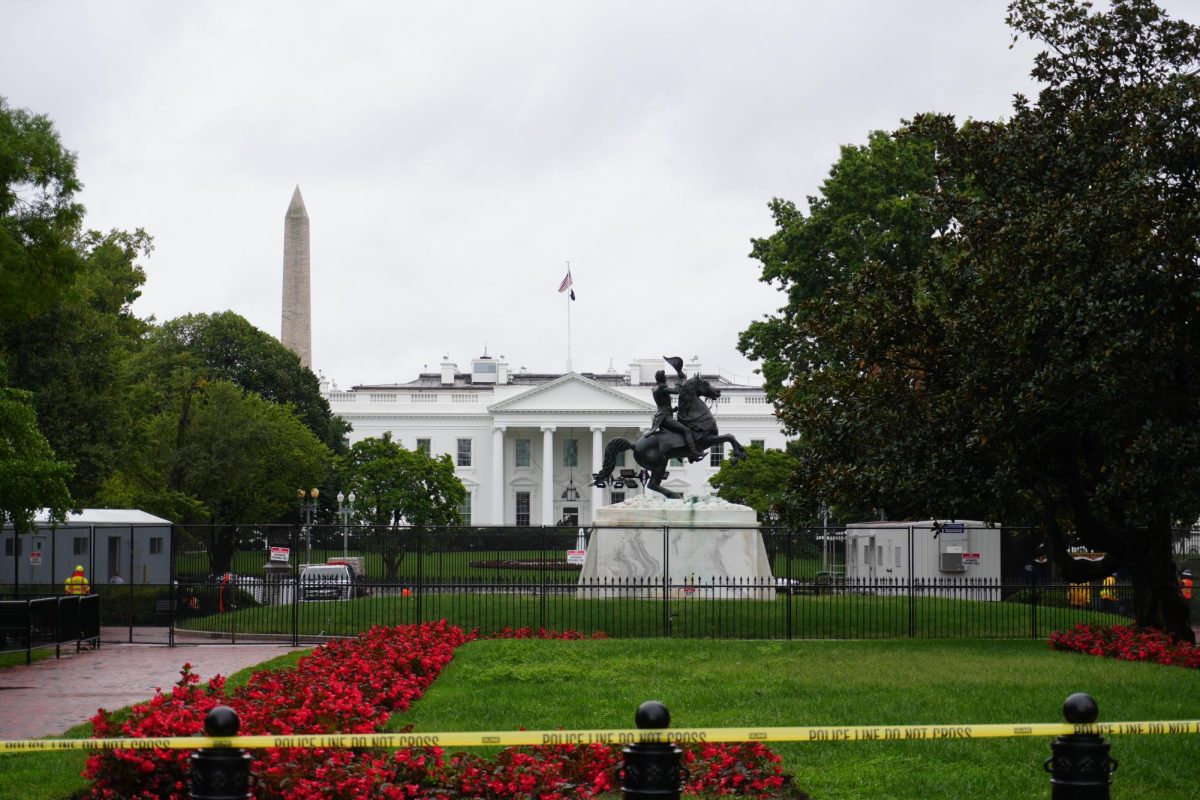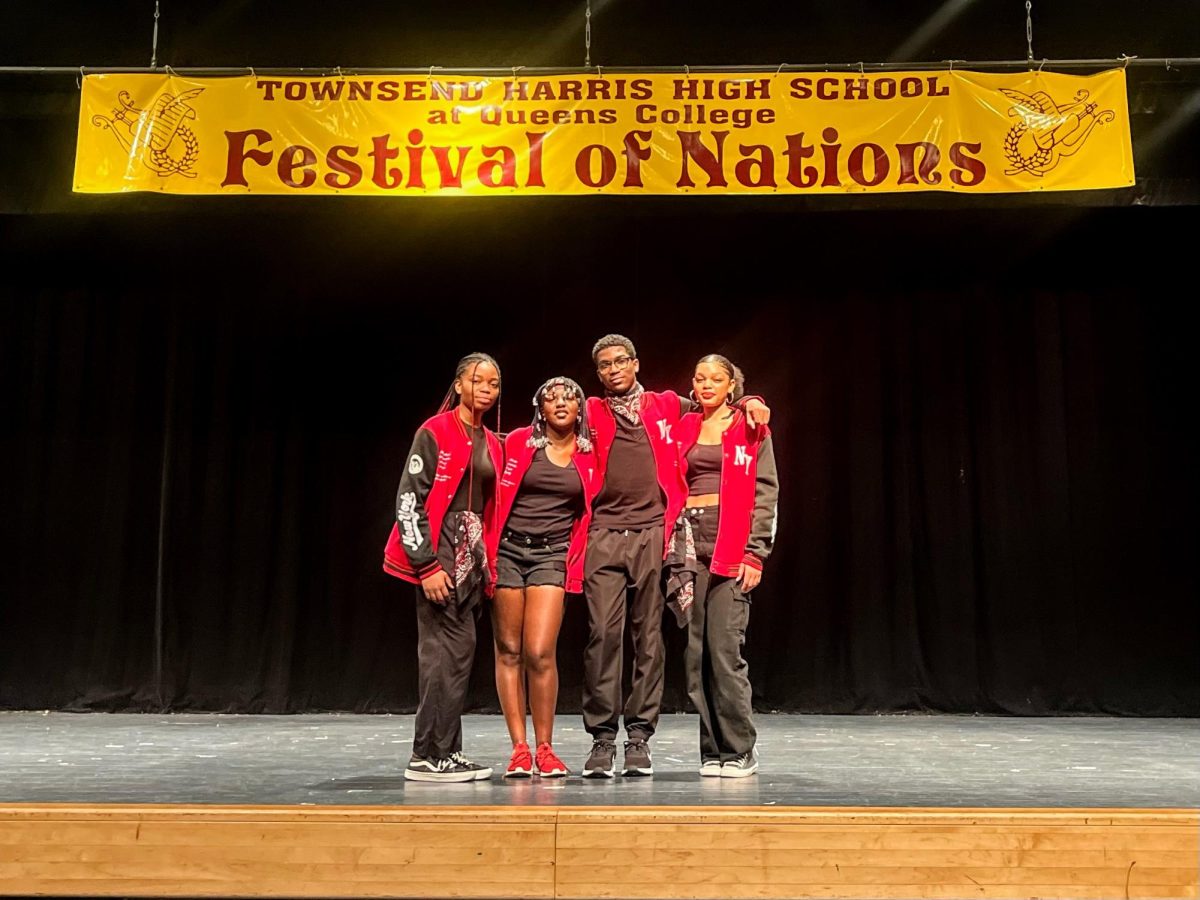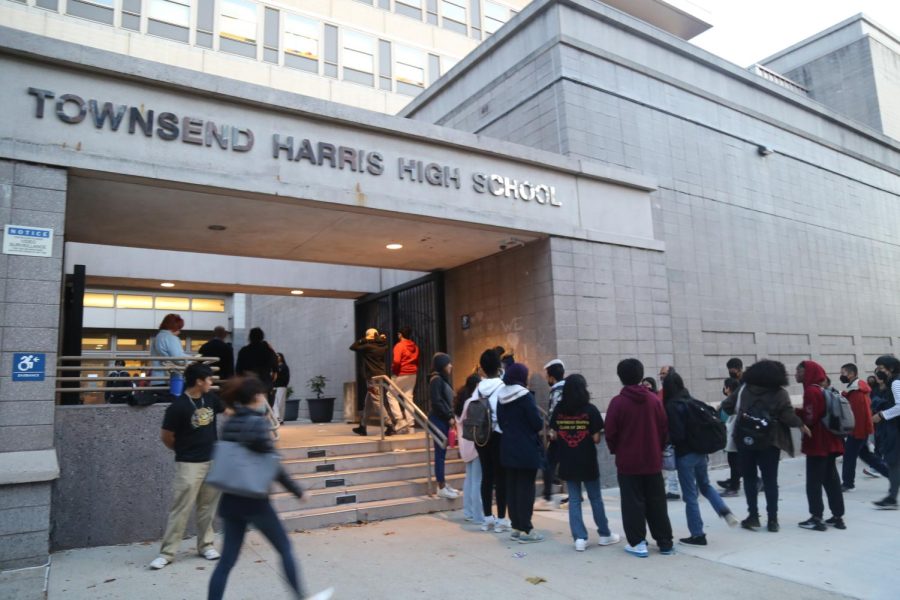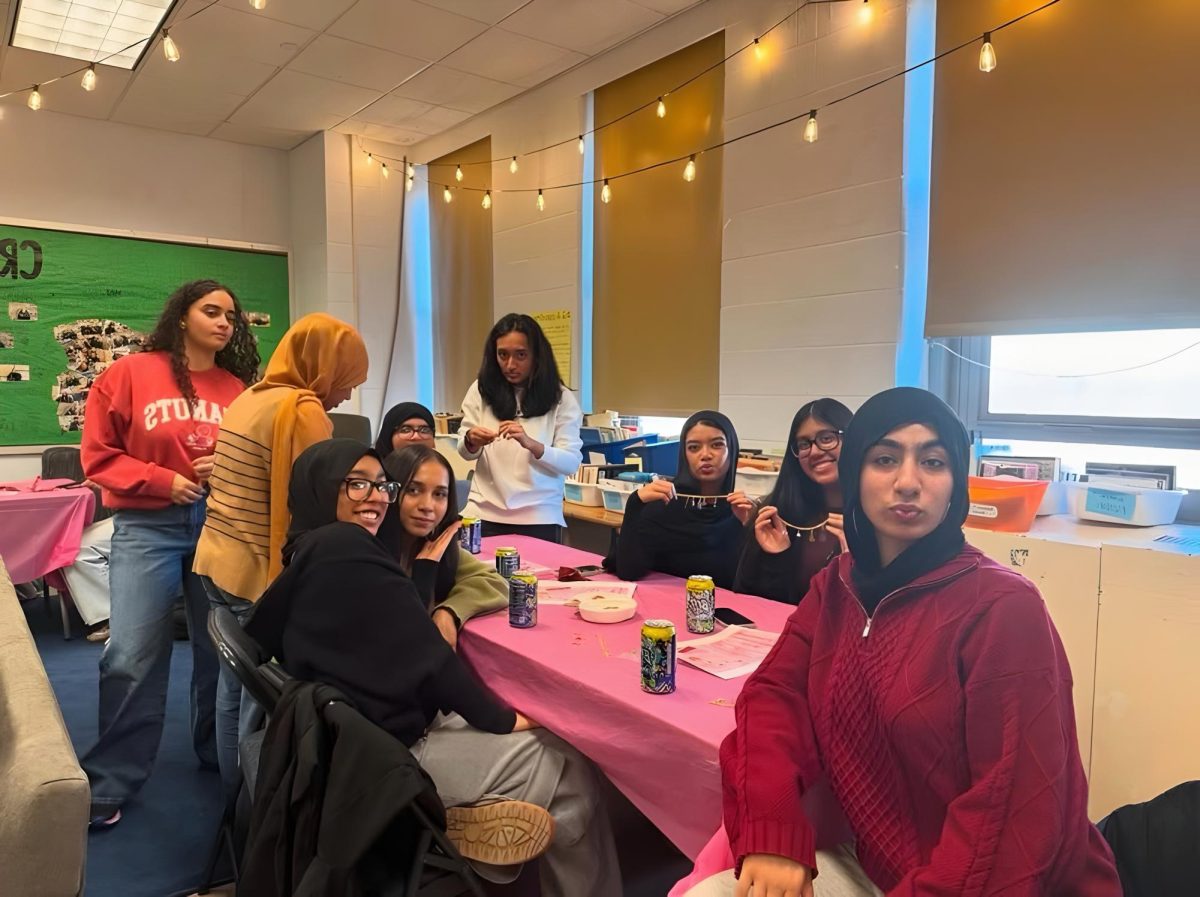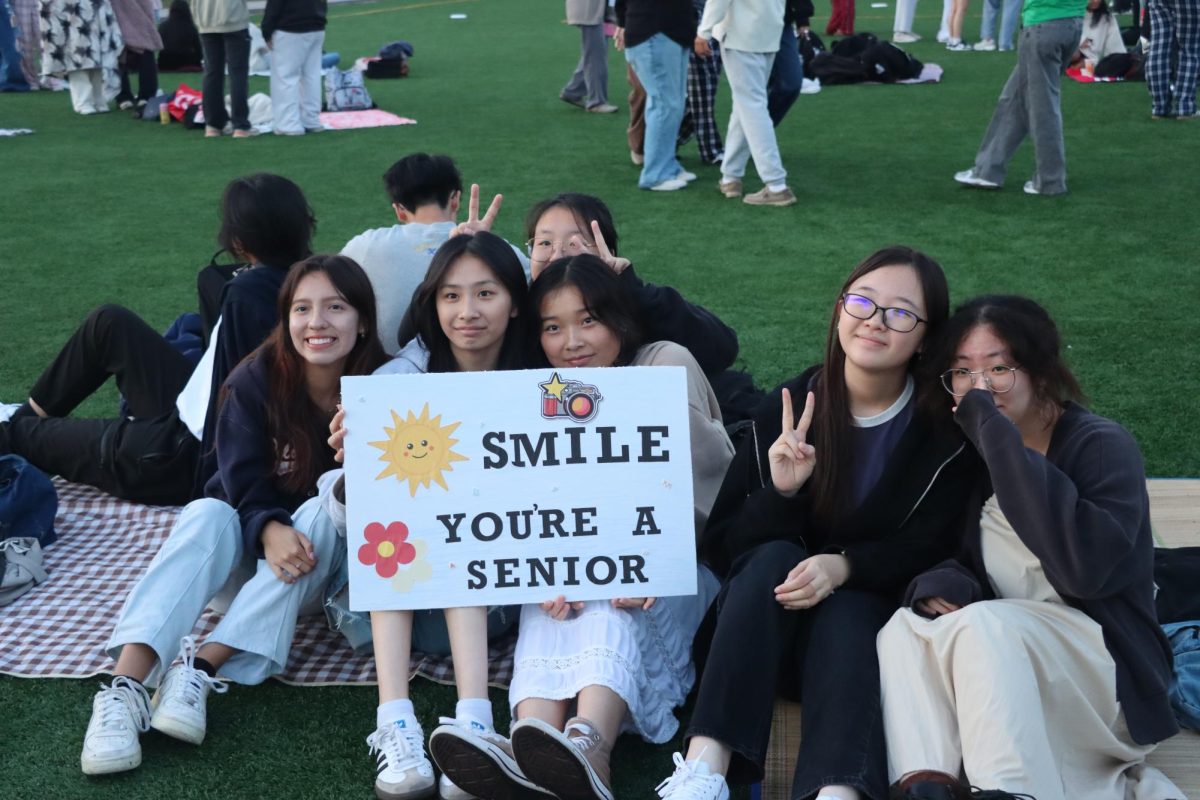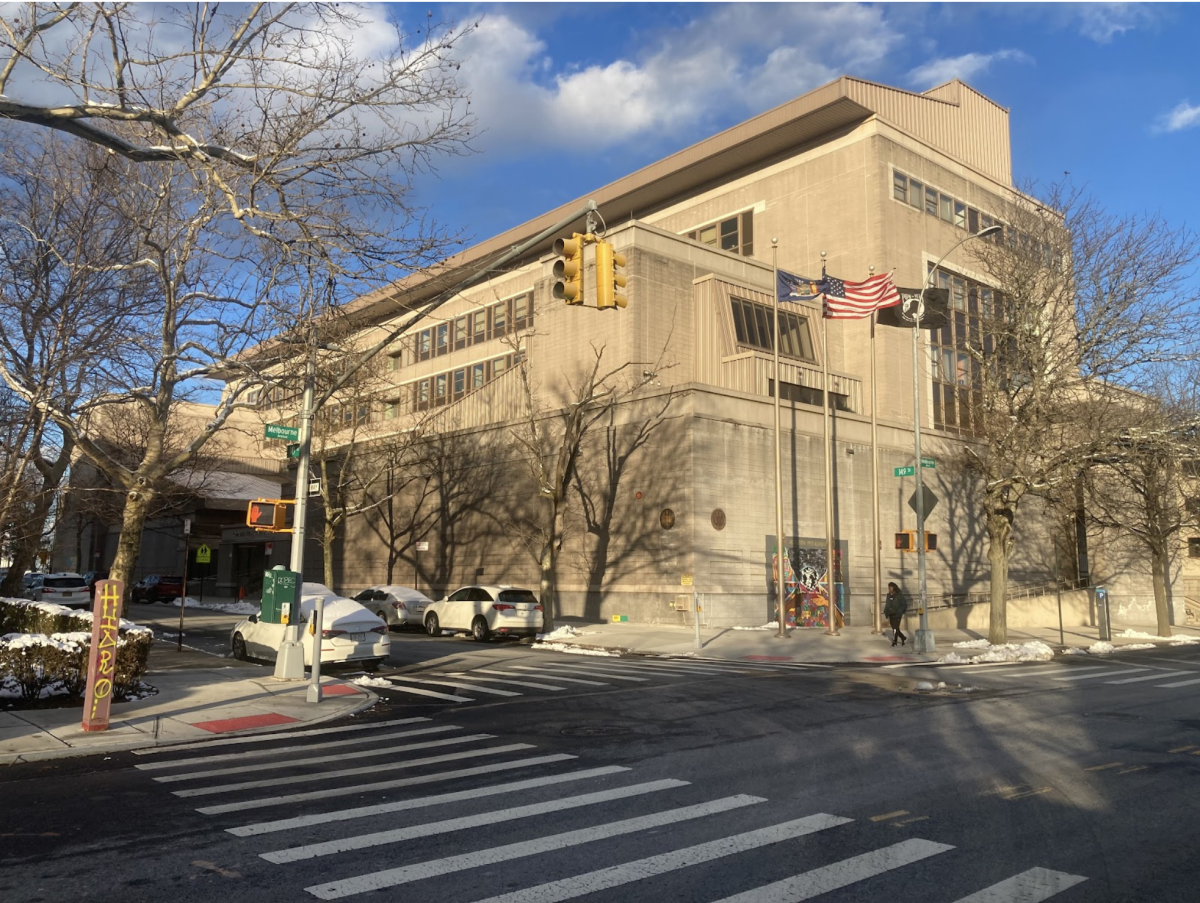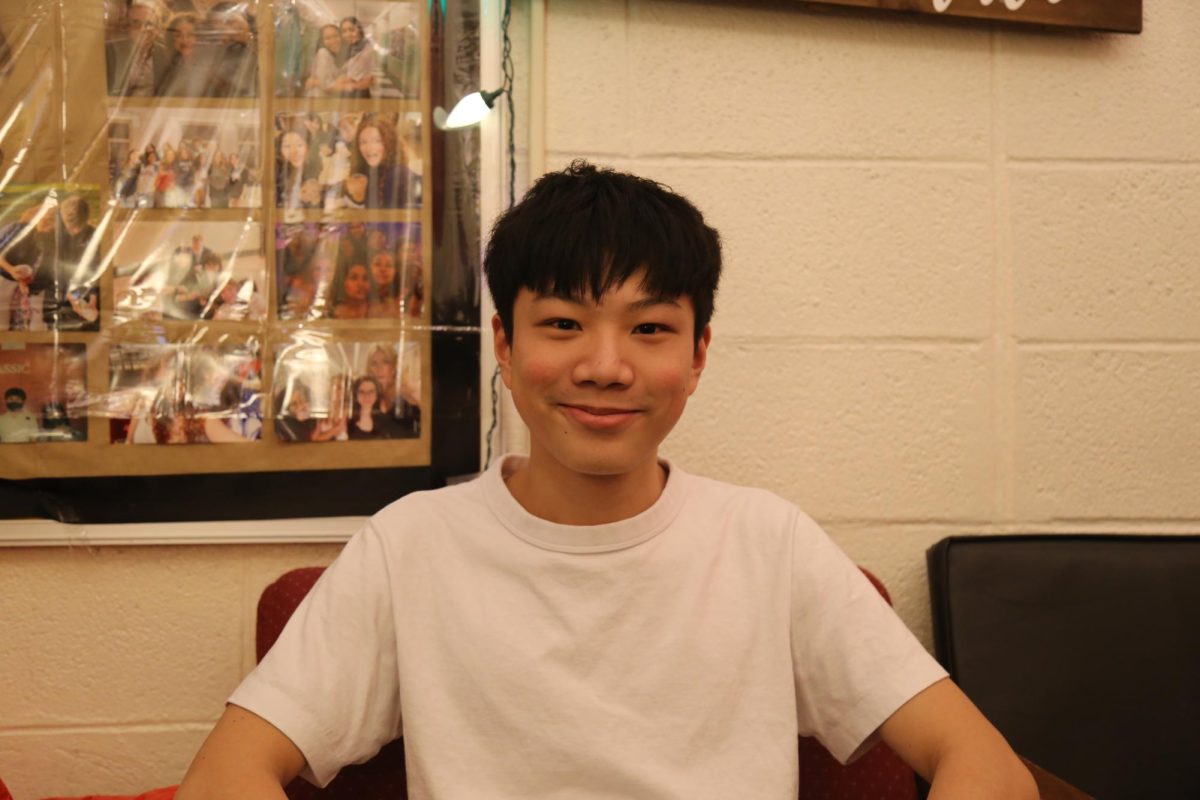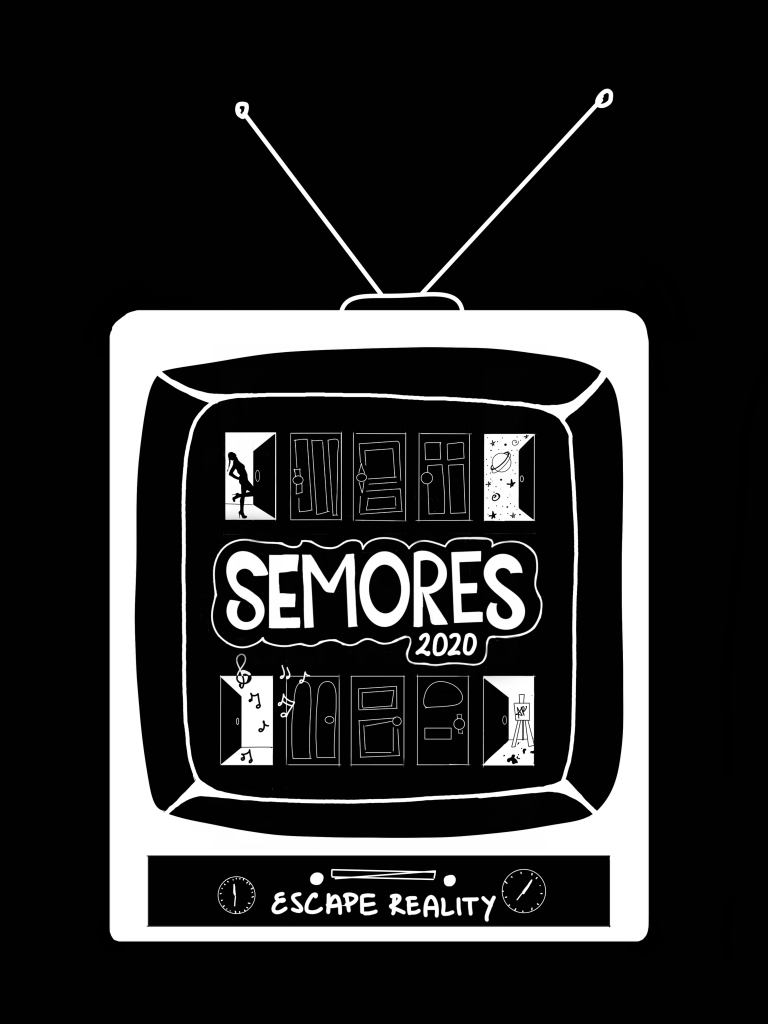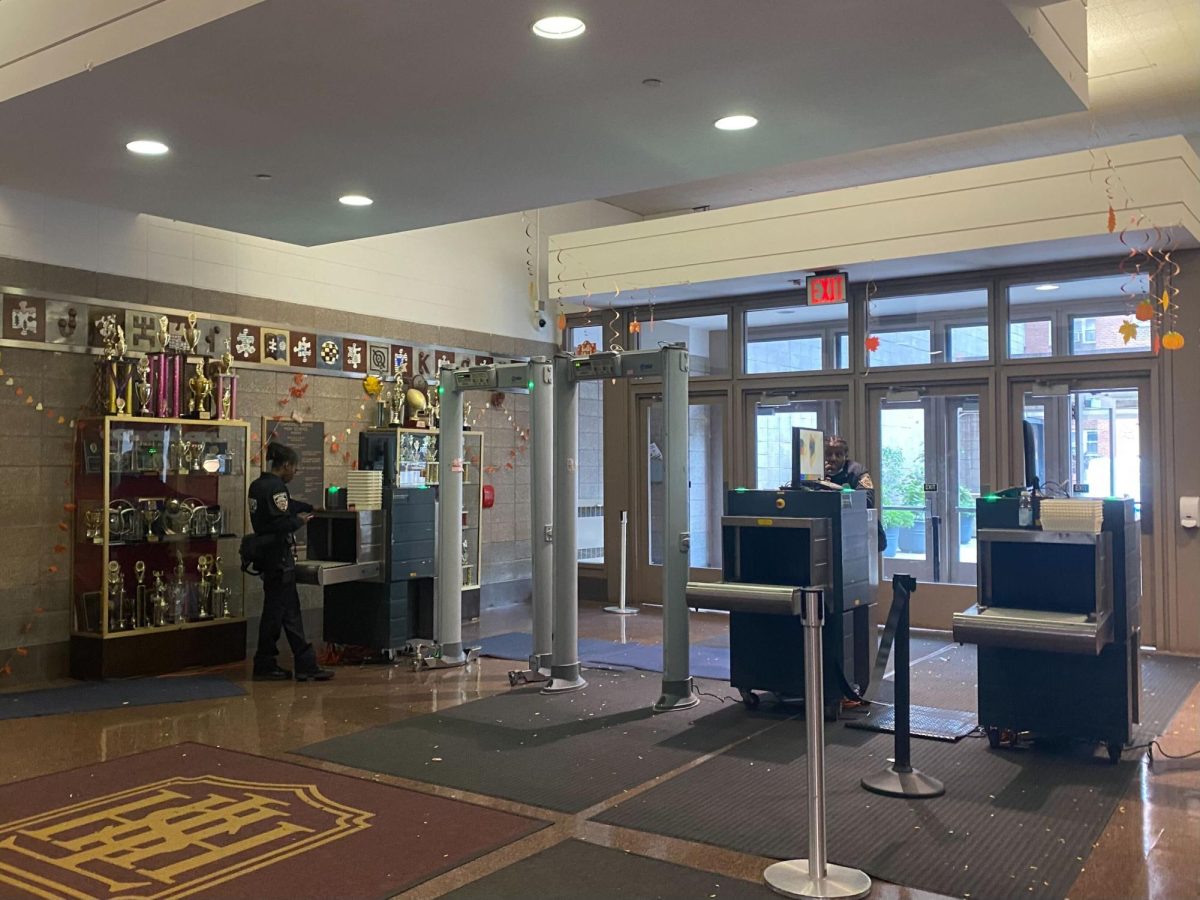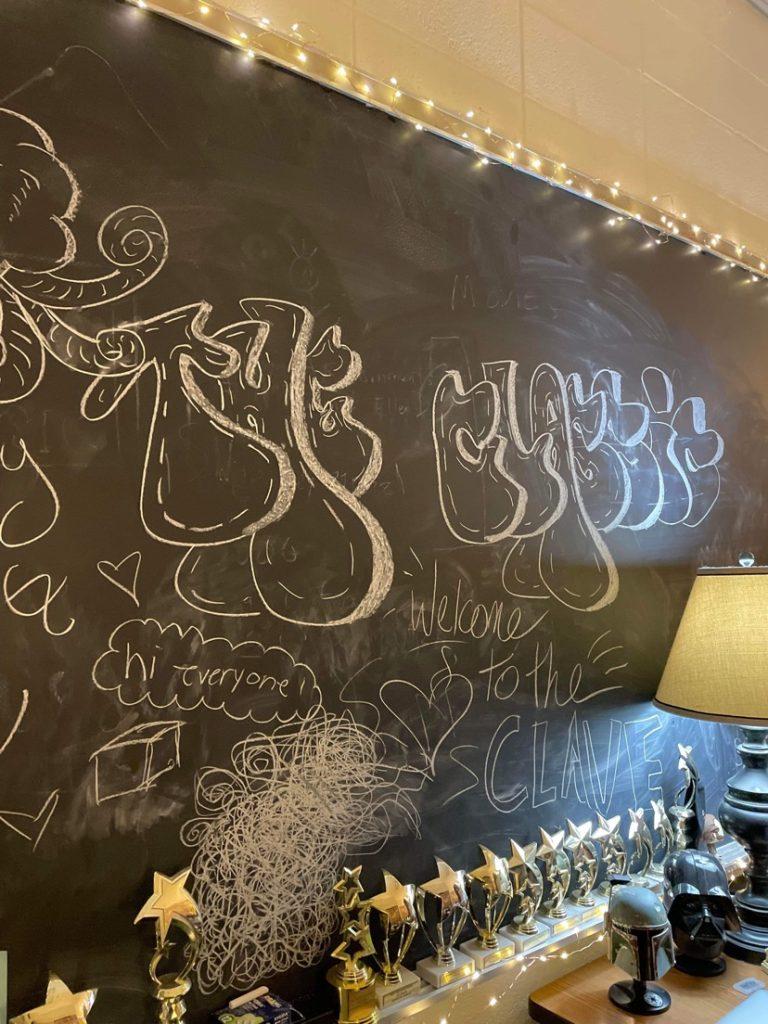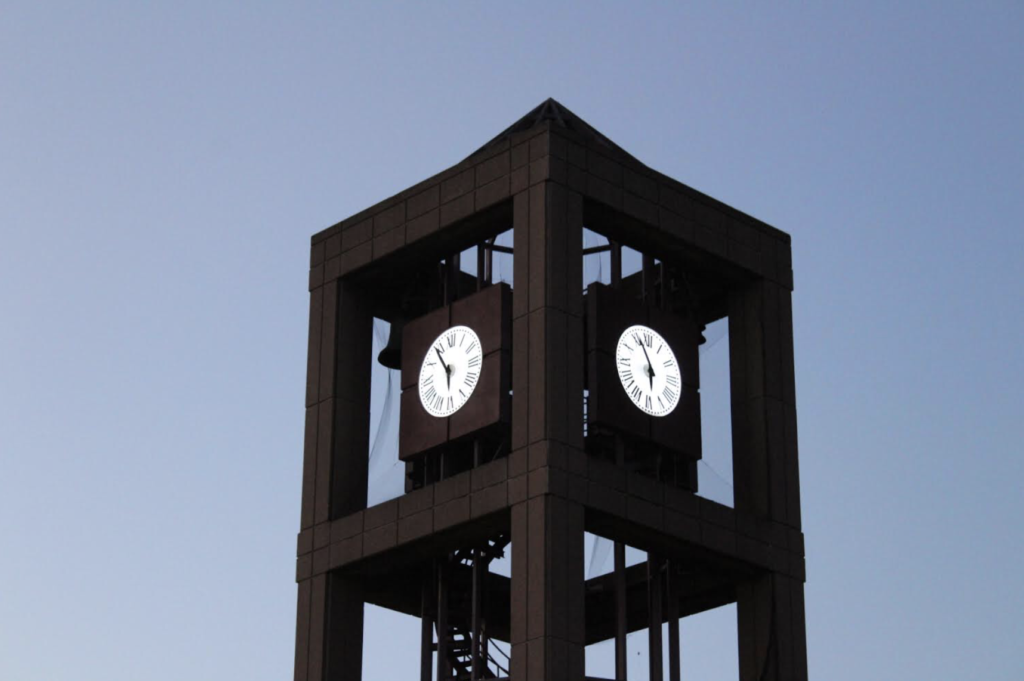
By The Editorial Board
For the Townsend Harris community, the student-led production S!NG holds great importance with students, family, and friends coming together in a crowded auditorium to support their respective teams every year. Both the Freshiors and the Semores put in months of tireless effort and dedication to ensure that the show runs smoothly and reflects the talent and creativity of those participating. Above all, however, students hope for a fair and transparent judging process when it comes to declaring the winning production at the end of the night. Last year’s judging process encountered backlash following disputes over its fairness, resulting in unwarranted drama.
The Class of 2018 and 2019 had a long-standing rivalry due to the fact that last year’s Semores had maintained a three-year winning streak, whereas the Class of 2018 lost every S!NG competition from 2014-2018. Since members of that class returned to judge last year’s production (as is tradition), many questioned the reliability of the results and the inevitability of potential biases when the Semores lost. The growing complaints about the flaws within S!NG’s judging system has since prompted the administration to make a number of alterations, including expanding the judging rubric.
Making changes is not necessarily a problem, but at the last minute, the administration decided to share via email that the winners of the competition would be announced on Monday during the daily announcements rather than at the end of Saturday’s show.
This email shocked and distressed students, immediately stimulating tremendous protest and opposition. The Student Union, S!NG directors, staff, and The Classic spent much of Saturday attempting to contact the administration regarding the announcement.
Many students felt that waiting until Monday to announce the results was unfair to members of the production who were planning on Saturday to be the culmination of all of their hard work and stress. Members of the production were likely upset at the prospect of having to hear the results in Band 2, where they would not be surrounded by their teammates. In addition, many planned to attend S!NG on Saturday evening specifically for the announcement of the winners.
Following the reaction that the delay provoked, the administration decided to reverse its decision, but this did not come without repercussions. In addition to the pressure students were dealing with before the last S!NG performance, they were forced to take on another burden as they spent the day pleading with the administration to reconsider their decision. The stress placed upon S!NG members was completely unwarranted and could have been easily prevented if proper communication was present between the administration and student body.
Despite immediate opposition to the delay, the decision may have been beneficial. Fearing bullying and harassment between the two productions, the administration could reasonably propose that both teams go home, celebrate their work, and wait until Monday to hear the news with clearer minds. Nevertheless, our concern is not with the decision itself but the time in which it was communicated; these changes should have been addressed much earlier.
Not only was the administration’s decision to delay the announcement disheartening to many students, but their chosen method of communication introduced further challenges. By presenting their decision in an email, many students were unable to respond to the blindsiding change. This failure to recognize students’ interests and concerns in an appropriate manner displays the recurring tendency of the administration’s communicative shortcomings. Last month, The Classic published an editorial arguing to the administration that their communication with the student body needs major reform. This Saturday’s controversial announcement shows us that improvement has yet to occur.
Similar to the administration’s decision to finalize the new grading policies, their choice to delay the S!NG results was made without obtaining input or knowledge from the Student Union. This continual lack of communication between the administration and the SU weakens and trivializes the administration’s public calls for “student-driven” progress.
We respect the administration’s attempt to investigate the validity of the judging process. We also commend their willingness to reverse their decision on Saturday, when others might have stuck to their decision to save face. The issue, however, remains that there is an inherent problem with the way in which the administration communicates crucial changes to the student body. The potential problems with the aftermath of S!NG were recognized for an entire year; waiting until the day of S!NG to address it is unprofessional.
S!NG is an extremely important event within the Townsend Harris community and students deserve a voice in decisions regarding its outcome. This episode is demonstrative of a much larger problem within the THHS administration: inefficient communication and cooperation with students.
Art courtesy of Amanda Renzi
Discover more from The Classic
Subscribe to get the latest posts sent to your email.


